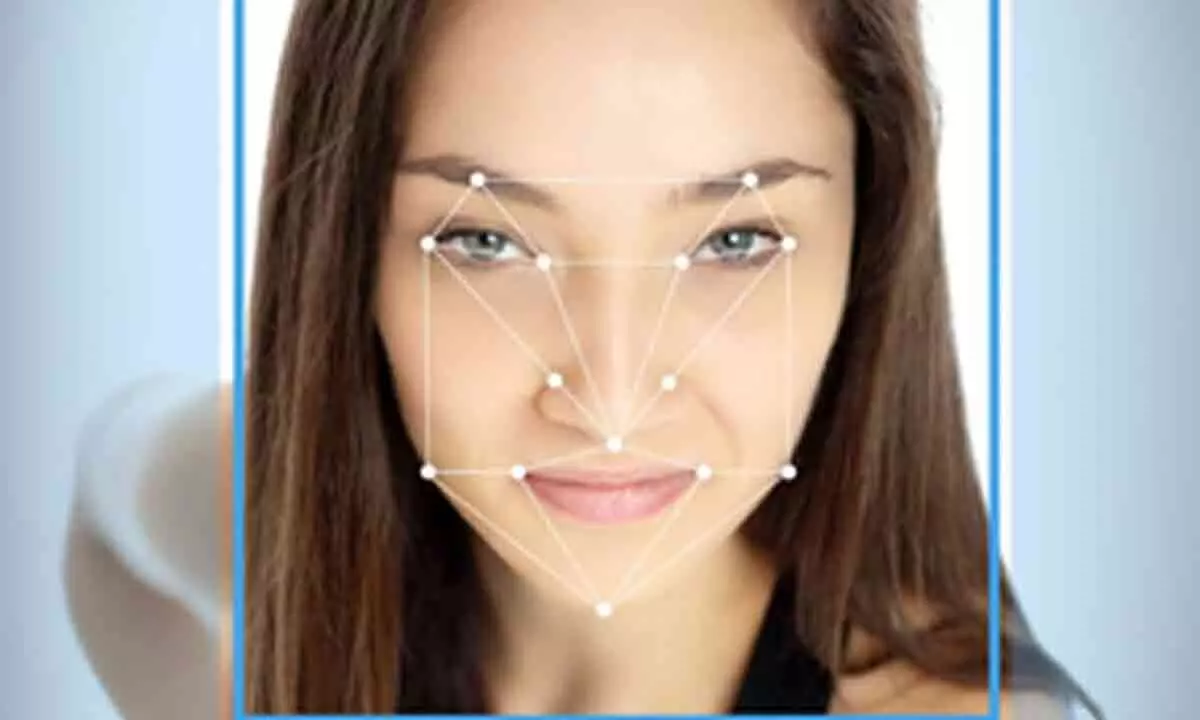Live
- Ahmedabad Plane Crash: Boeing Issues Support Statement Following Air India Flight 171 Crash
- Indian Government Mourns Air India Crash Victims As Rescue Operations Continue
- Air India Plane Crash: All You Need to Know About the Boeing 787-8 Dreamliner
- Pilot gave Mayday call to Ahmedabad ATC before crash
- Boeing shares plunge over 6 pc in pre-market trade after Ahmedabad plane crash
- Air India plane crash: Control rooms set up in Ahmedabad, New Delhi
- Air India Flight 171 Crash: Gautam Adani, Priyanka Gandhi, Rajnath Singh and Others Express Condolences
- Amit Shah Reacts to Air India Flight AI171 Crash in Ahmedabad
- Breaking: Flight AI171 Crashes After Takeoff; Air India Chairman Expresses Deep Sorrow








